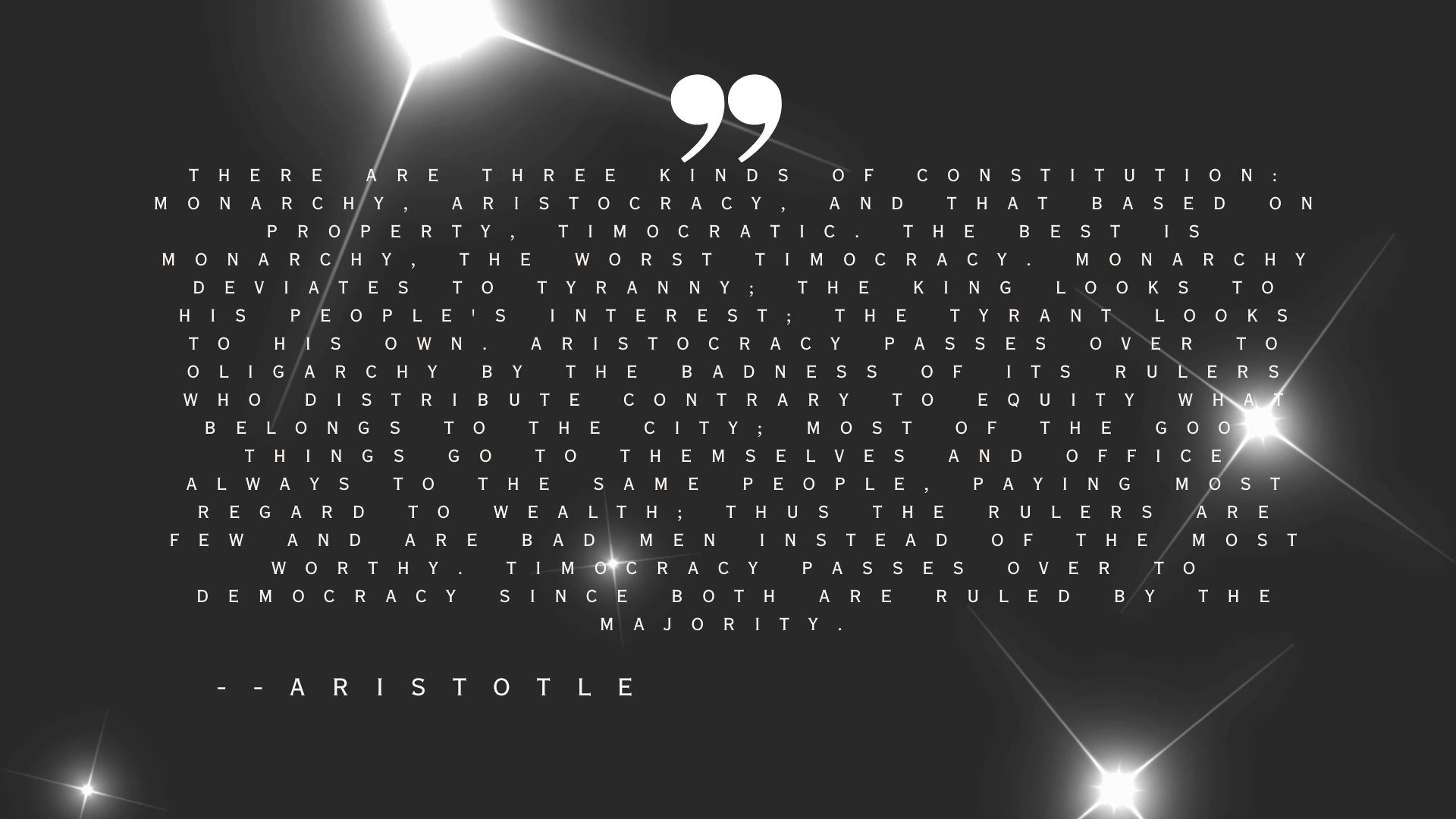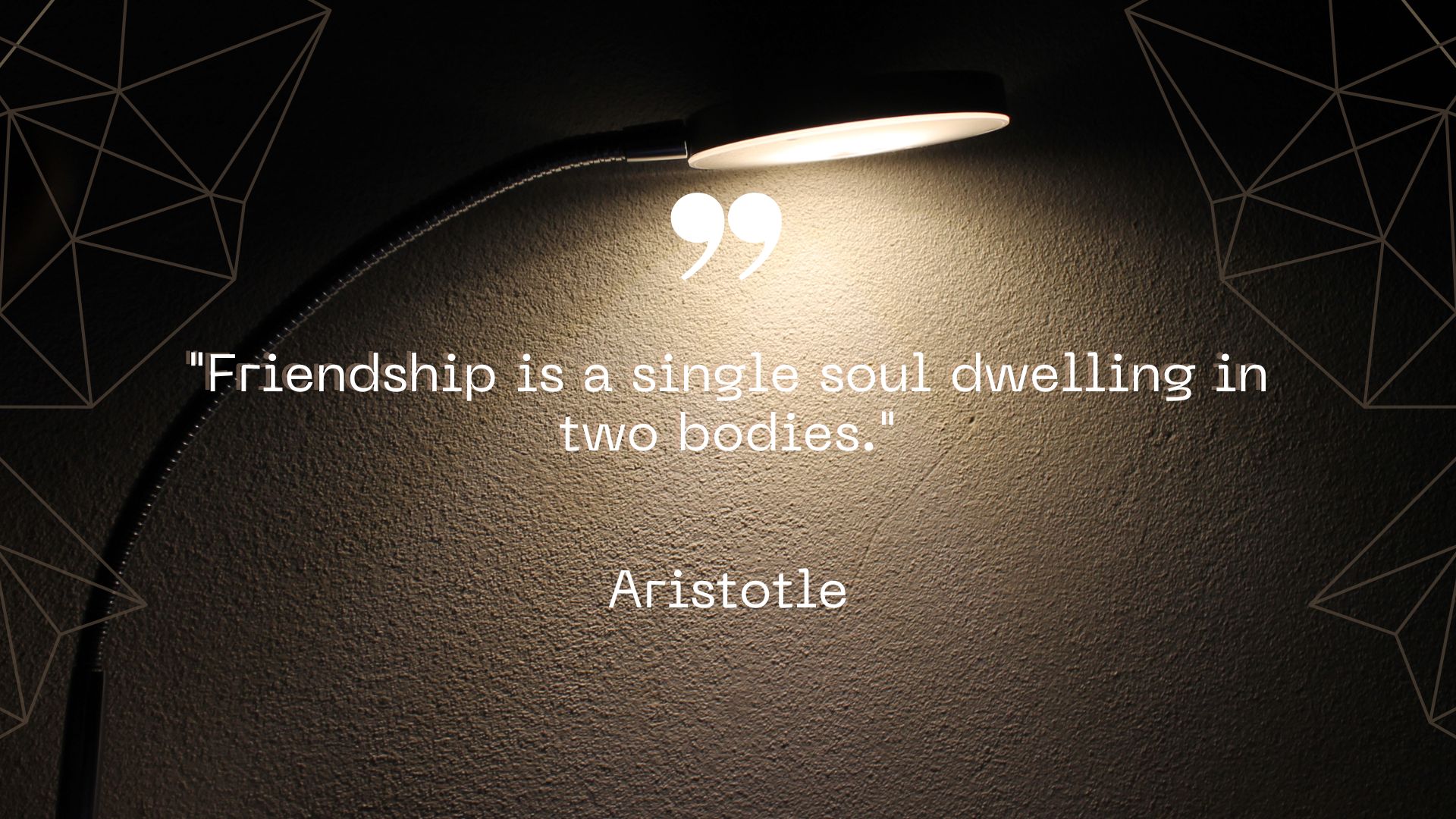“The worst form of inequality is to try to make unequal things equal.”
–Aristotle
Aristotle, the renowned ancient Greek philosopher, was a keen observer of human society and its intricate dynamics. In his exploration of justice and fairness, he made a thought-provoking statement: “The worst form of inequality is to try to make unequal things equal.” This quote encapsulates Aristotle’s perspective on the inherent limitations of attempting to achieve equality by treating fundamentally disparate entities as if they were equivalent. In this explanation, we will delve into the meaning behind this quote and uncover its implications.
I. Recognizing Inherent Differences:
Aristotle’s quote highlights the importance of recognizing and respecting the natural differences that exist among individuals, objects, or concepts. Human beings possess diverse talents, abilities, and characteristics, making them inherently unequal in various respects. Forcing equality upon inherently unequal entities disregards the inherent variations that make each entity unique. Aristotle argues that this misguided approach ultimately leads to an unjust and flawed understanding of equality.
II. The Limitations of Forced Equality:
By attempting to make unequal things equal, society risks undermining the true essence of equality. Aristotle argues that genuine equality should be based on fairness, where individuals are treated in accordance with their merits, capabilities, and specific circumstances. Trying to impose an artificial form of equality that disregards these factors can be detrimental to the overall welfare of society. Instead of promoting justice, it may perpetuate mediocrity, hinder progress, and stifle individual potential.
III. Embracing Diversity and Individuality:
Aristotle’s quote encourages us to embrace diversity and appreciate the uniqueness of each individual or entity. Rather than striving for a homogenous society where everyone is treated as equal, Aristotle suggests that recognizing and respecting individual differences can lead to a more harmonious and just society. By acknowledging and valuing the diverse qualities that individuals possess, we can create an environment that fosters personal growth, innovation, and collective prosperity.
IV. The Pursuit of Equitable Treatment:
While Aristotle cautions against the fallacy of making unequal things equal, he does not advocate for a society devoid of fairness and justice. Instead, he proposes that true equality lies in ensuring that individuals are treated equitably based on their inherent qualities and circumstances. This equitable treatment requires considering the unique needs, abilities, and contributions of each individual and establishing a system that accommodates and respects these differences.
Conclusion:
Aristotle’s quote serves as a reminder that true equality does not arise from an attempt to make unequal things equal. Instead, it emerges from a genuine understanding of the inherent differences among individuals, objects, or concepts, and the equitable treatment of each based on their merits. By acknowledging and embracing diversity, we can foster a society that values and uplifts the potential of every individual, leading to a more just and flourishing community.




